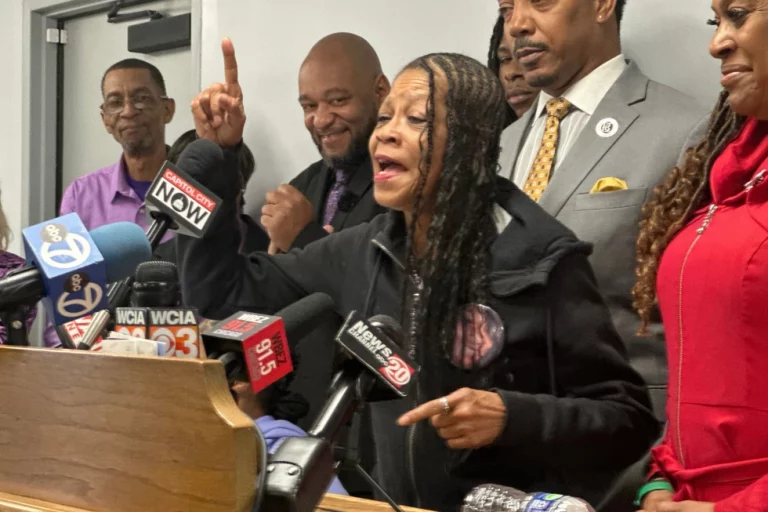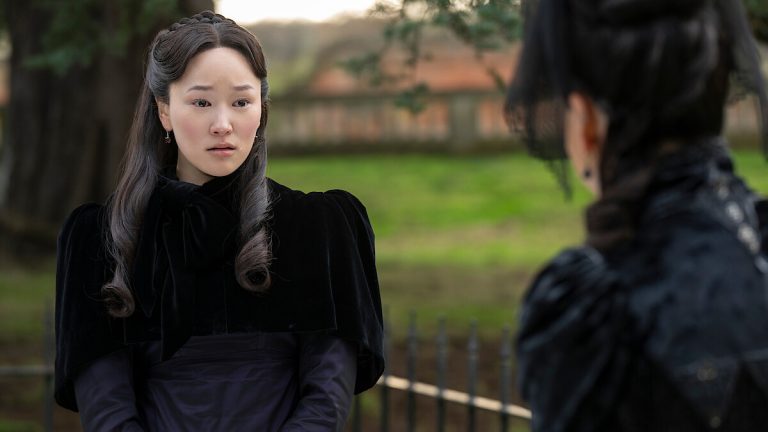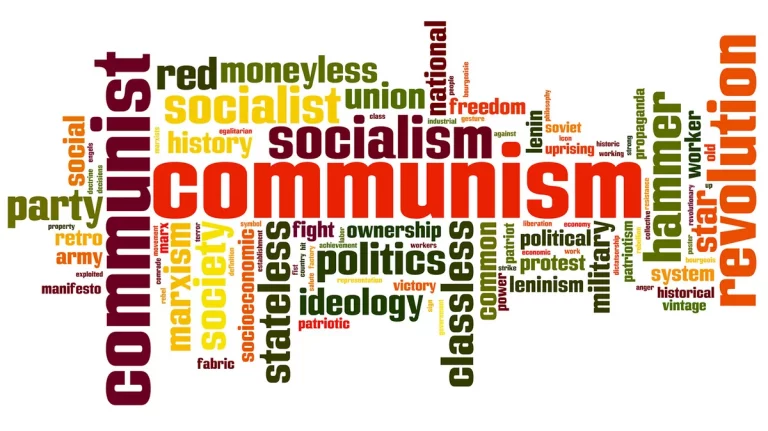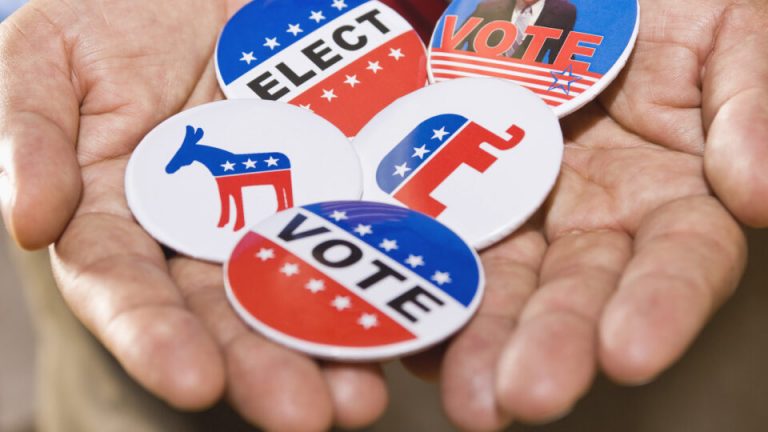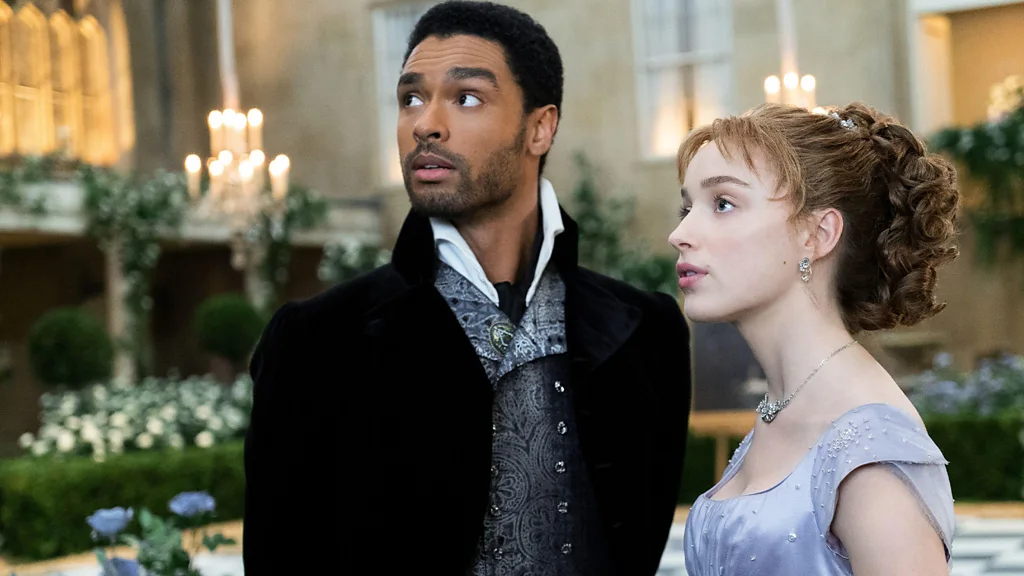
Royal and aristocratic courtships are frequently played out in TV period dramas such as Bridgerton (Credit: Alamy)
What is the “princess treatment”?
The “princess treatment” is a social-media phenomenon that turns old-fashioned courtship into a checklist of fairy-tale gestures. Think lattes in bed, flowers every Friday, partner-funded pedicures and opening the doors — little acts presented as etiquette and romance. On apps and feeds, the trend is often against the “bare minimum” of relationships, where people use glossy videos to show what they believe real care looks like.
At its centre is Utah-based influencer Courtney Palmer, who styles herself a “princess housewife.” Her TikTok outlining expectations for a spouse – 7.6 million views. Palmer’s stance — for example, not speaking to the hostess or opening doors for herself when out with her husband — has sparked fierce pushback. Critics including Emma Beddington in The Guardian called aspects of the trend “emetic” and “disturbing,” arguing some posts feel less like romance and more like confinement.
Why princess treatment is resonating
Many say the appeal comes from the opposite of modern dating: intentionality. Etiquette influencer Myka Meier, who has a major Instagram following, argues the trend isn’t just about materialism but emotional attentiveness. Meier says the fantasy of being “swept off your feet” taps into a desire for elegance, respect and slowed-down romance. That sense of ceremony, she suggests, clarifies care and makes ordinary moments feel special.
The trend dovetails with a wider revival of period dramas and romance fantasies — from Bridgerton to The Gilded Age — which have reshaped how young people imagine courtship. Etiquette expert Daniel Post Senning notes that stories influence how people process emotions; in other words, our media feed steers what we call romantic.
How America’s royal obsession feeds the trend
The U.S. has long been fascinated by royalty, and that fascination helps explain why princess imagery lands. Historian Arianne Chernock argues Americans have embraced royal stories for generations — from Victorian-era fascination to 20th-century coronations and Disney’s fairy tales — and those narratives make the idea of being treated like royalty enticing. Princesses in fiction combine private glamour with public influence, creating a potent fantasy for audiences who can watch lavish courtship play out on screen.
Is princess treatment empowering — or a rebranded regression?
The debate splits into two frames. On one side, advocates call it a sweet revival of manners: small acts like pulling out a chair or walking someone home make affection visible and intentional. “Formality slows things down a bit,” Meier says, and that slowness can add a layer of magic.
On the other side, scholars warn the trend risks repackaging traditional gender roles. Senning points out that modern “chivalry” can echo benevolent patriarchy — polite on the surface but reinforcing old power dynamics underneath. The princess image, some argue, celebrates passivity and a narrow ideal of femininity. Rolling Stone recently asked if princess treatment might be a gateway to tradwife thinking, noting clear parallels between the two trends.
Yet Chernock offers a counterpoint: princesses in culture often have soft power. And girls playing princess may be seeking permission to be commanding, not passive. The debate, she says, is really a referendum on women’s roles — and there’s no single answer.
What the trend reveals about today’s dating culture
Princess treatment packages nostalgia, etiquette and social-media spectacle into a format that’s easy to create and consume. Nearly 130,000 Instagram posts now sit under the hashtag #princesstreatment, showing how quickly the idea spread. For some, it’s harmless fun and a way to demand better treatment from partners. For others, it’s an unsettling return to highly gendered norms dressed up as luxury.
Either way, the trend is a flashpoint in a longer conversation about dating expectations, gender and power. And it won’t fade until people decide whether they see it as empowerment, performance, or both.
Stay tuned for ongoing coverage of princess treatment and cultural trends. Follow TNN, and keep up with US news today and Canada news today.
